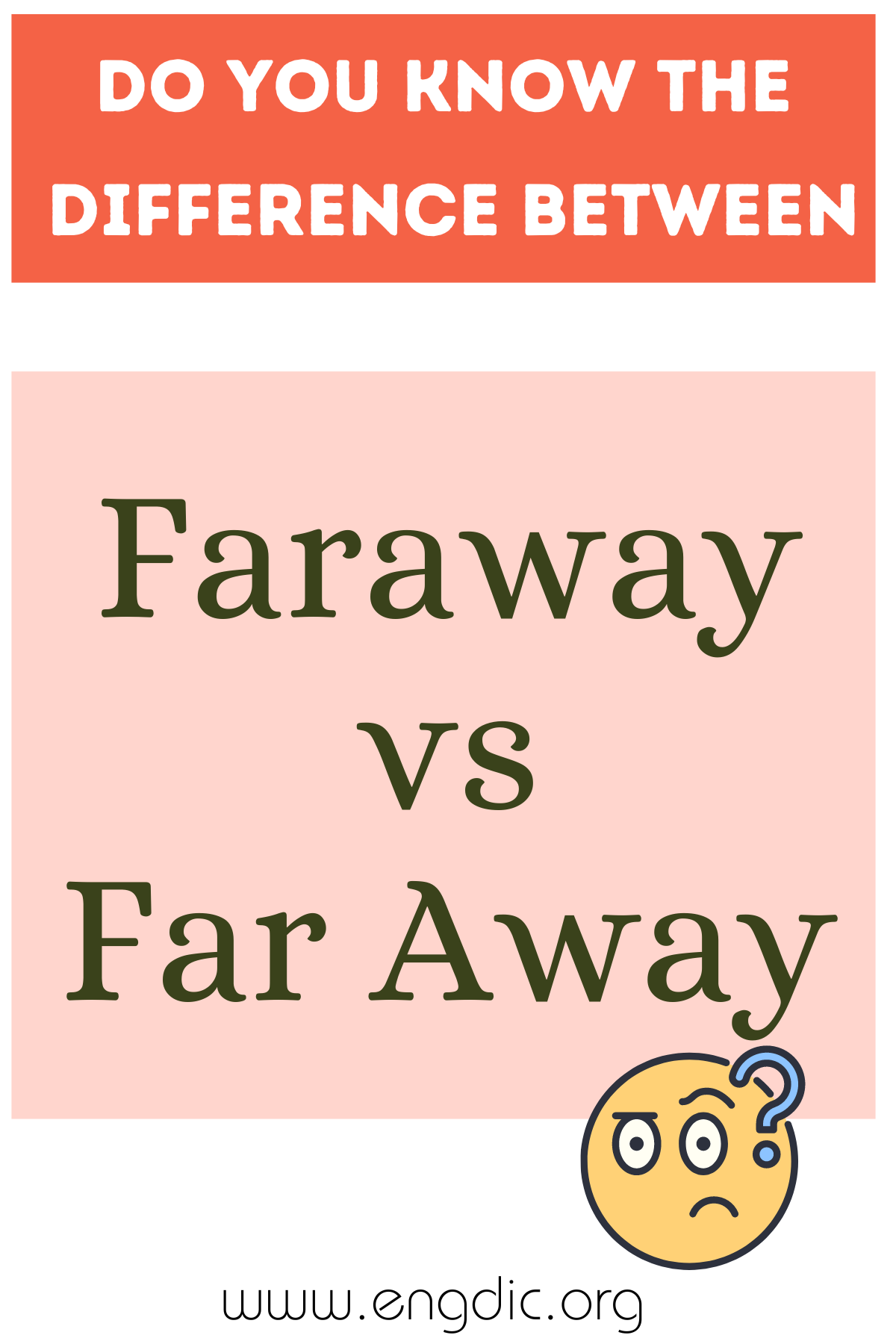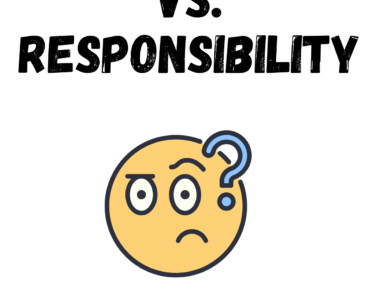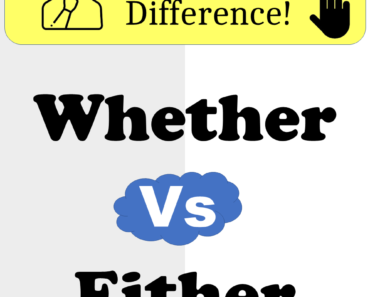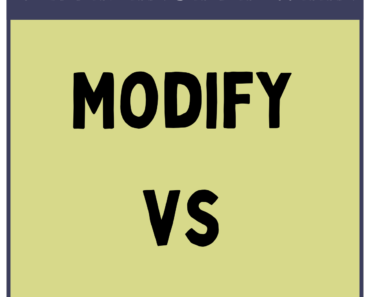The difference between “faraway” and “far away” lies in their grammatical roles and meanings.
- “Faraway” is an adjective used to describe something that is distant, often implying a sense of nostalgia or dreamy remoteness.
- “Far away,” on the other hand, is an adverbial phrase describing the physical distance between objects or places.
For example, “a faraway land” refers to a distant, often imaginary place, while “She lives far away” implies a significant physical distance between the speaker and the subject.
Faraway:
“Faraway” is an adjective that describes something located at a considerable distance, often invoking a sense of wistfulness or unreality.
Usage:
- Descriptive Sense: Used to describe places, memories, or ideas that are distant or remote.
Example: “He spoke of a faraway kingdom with awe.” - Metaphorical Sense: Can convey a sense of emotional or mental distance.
Example: “She had a faraway look in her eyes, lost in thought.”
Far Away:
“Far away” is an adverbial phrase that indicates significant physical distance between two locations.
Usage:
- Literal Sense: Describes the physical distance between two points.
Example: “The mountains are far away from the city.” - Figurative Sense: Can also imply emotional or metaphorical distance, though less commonly.
Example: “His dreams felt far away, almost unattainable.”







